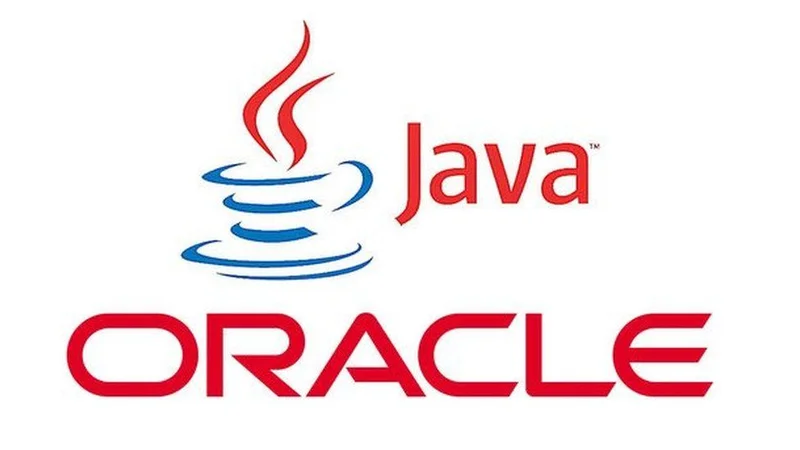You might think that we would always be in favor of open sourcing code from inside your organization. But sometimes releasing code under an open source license can end up causing more harm than good.
Read More ⟶One question that frequently comes up with our clients is how to have a "successful" open source project. The answer, of course, depends on your goals and what "success" means to you.
Read More ⟶Meta recently released the LLaMA 2 language model. In several places they said it was "open source." It's not. But it has a fairly permissive commercial license that is driving a lot of interest, including among OSPOs.
Read More ⟶One common question we get at OSPOCO is about Java and the OpenJDK. Are they the same thing? What licenses apply? Understanding the difference can save you thousands of dollars if Oracle comes knocking. The takeaway: you need to not only understand that you are using Java, you need to understand where your developers are downloading Java.
Read More ⟶When you ship a program that uses open source code, you need to make sure that 1) your licensing is compliant, and that 2) you provide the necessary attribution, licensing, and (possibly) source code for the open source components you use. But many people are confused about how far back their disclosures need to go. Do you need to declare every dependency, including dependencies of dependencies? What do you need to share?
Read More ⟶Some of the most valuable work that OSPOs do involves open source project health. It could be that your organization wants to make its sponsored projects successful, or you could be proactively trying to understand and manage your open source supply chain risk. Either way, understanding community health is an under-appreciated part of a successful open source program.
Read More ⟶One of the things that can make compliance more difficult is trying to track which open source components have which obligations. Some require general attribution, some require source code, and everything in between. But keeping track of all the differences isn't necessary if your organization has an "open by default" policy.
Read More ⟶AI is the new hot topic for open source program offices. We previously discussed licensing for AI models, and how many models are restricted to non-commercial use. But open source is coming for AI. Thankfully, the lessons learned managing open source apply to managing AI as well.
Read More ⟶Each year the Open Source Initiative sponsors a survey about open source usage across multiple industries. The 2022 report provides a good way to compare your use of open source with many industry peers. We took a look at the report to provide a few highlights.
Read More ⟶One of the most common questions for businesses is how to create differentiation when building on or using open source code. The answer is that these days, your business differentiators usually aren't your code. It is all the things around your code that usually lead people to buy your products.
Read More ⟶








